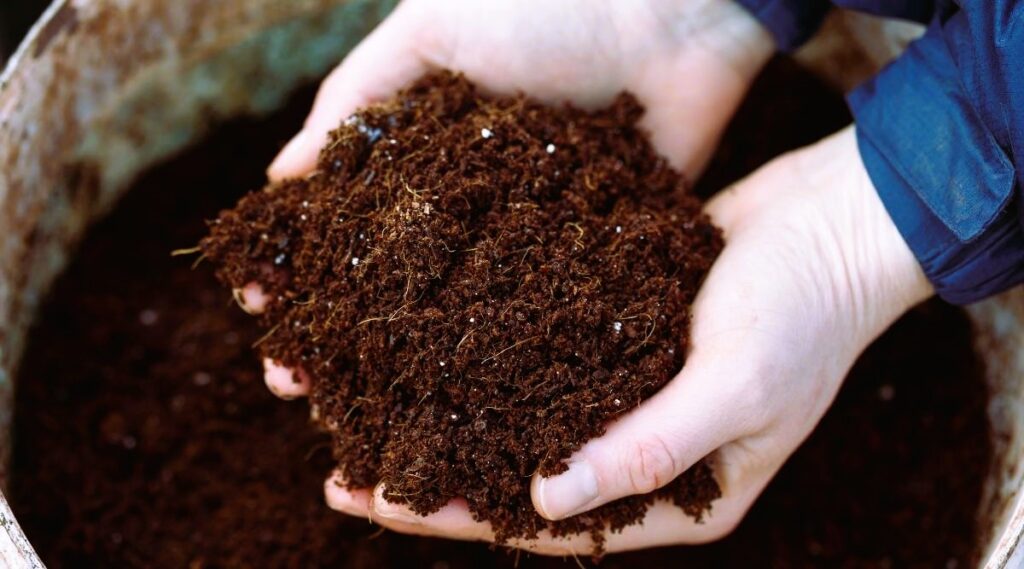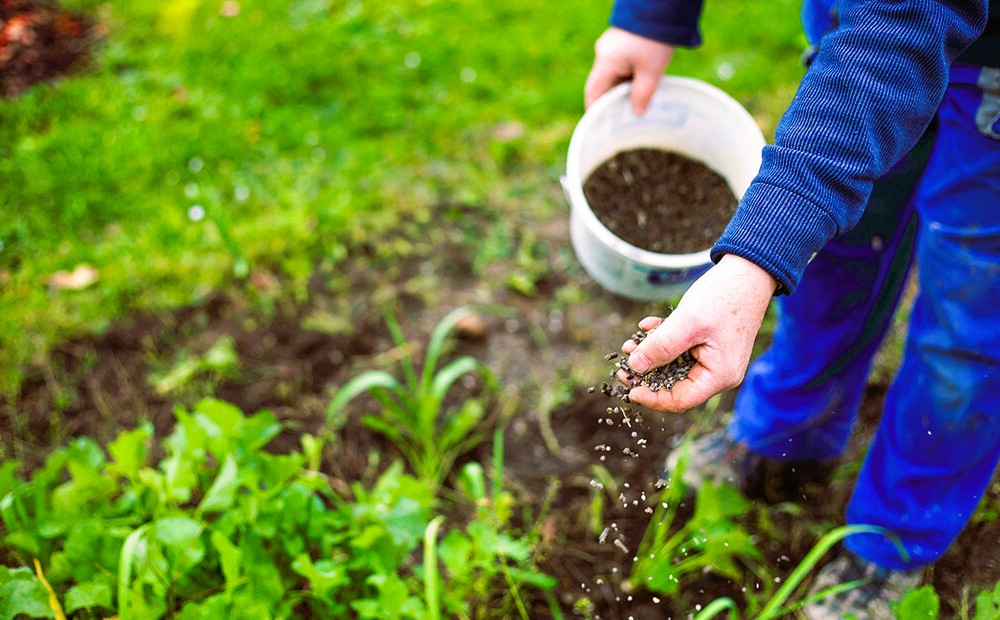Fertilizers play a vital role in maintaining the health and vitality of our gardens. However, the excessive use of synthetic fertilizers can have negative environmental impacts, including water pollution and soil degradation. Fortunately, there are alternative options available that promote sustainability and ecological balance. In this article, we will explore ecologically friendly garden fertilizers and their benefits in creating a greener and more sustainable gardening approach.
Understanding Ecologically Friendly Fertilizers
Ecologically friendly fertilizers, also known as organic or natural fertilizers, are derived from natural sources and promote a balanced and sustainable approach to garden nutrition. Unlike synthetic fertilizers, which are chemically manufactured, these alternatives provide nutrients in a more holistic and environmentally friendly manner. Here are some key types of ecologically friendly fertilizers:
- Compost: Compost is the result of organic materials, such as kitchen scraps, yard waste, and plant residues, breaking down into a nutrient-rich soil amendment. It improves soil structure, enhances moisture retention, and provides a slow-release source of nutrients for plants. Composting is an easy and cost-effective way to recycle organic waste while enriching your garden soil.
- Manure: Animal manure, such as cow, horse, or chicken manure, is a natural fertilizer that is rich in nutrients. It improves soil fertility, enhances microbial activity, and promotes healthy plant growth. However, it’s important to properly compost or age manure before applying it to the garden to prevent potential issues with pathogens and odors.
- Cover Crops: Cover crops are plants that are grown primarily to benefit the soil. They help prevent erosion, improve soil structure, and provide a natural source of nitrogen and other essential nutrients. Common cover crops include legumes, such as clover or vetch, which also help fix nitrogen from the atmosphere, enriching the soil.
- Organic Fertilizers: Organic fertilizers are derived from natural sources, such as bone meal, blood meal, fish emulsion, or seaweed extracts. These products provide a slow-release source of nutrients and improve soil fertility. Organic fertilizers are available in various formulations to meet specific plant requirements. Variety and Beauty: Combining Colors in the Garden.

Benefits of Ecologically Friendly Fertilizers
- Environmental Sustainability: Ecologically friendly fertilizers promote sustainable gardening practices by minimizing the use of synthetic chemicals. They reduce the risk of water pollution, protect beneficial soil organisms, and contribute to long-term soil health.
- Improved Soil Health: These fertilizers enhance soil fertility, structure, and moisture retention. They encourage the growth of beneficial soil microbes, earthworms, and other organisms that contribute to healthy soil ecosystems.
- Balanced Nutrition: Ecologically friendly fertilizers provide a balanced mix of essential nutrients, ensuring that plants receive the nourishment they need for optimal growth and development. They support the overall health and resilience of plants, making them less susceptible to diseases and pests.
- Long-Term Effectiveness: While the effects of synthetic fertilizers can be short-lived, ecologically friendly fertilizers release nutrients slowly over time, ensuring a steady supply of nourishment for plants. This helps maintain a sustainable and consistent growth pattern.
By incorporating ecologically friendly fertilizers into your gardening routine, you can create a more sustainable and environmentally conscious approach to plant nutrition. For more information on organic gardening and sustainable practices, you can visit Wikipedia (https://en.wikipedia.org/).
Remember, adopting greener fertilization methods is just one step towards creating an ecologically friendly garden. Consider other sustainable practices, such as water conservation, natural pest control, and biodiversity enhancement, to further enhance the environmental impact of your garden.

